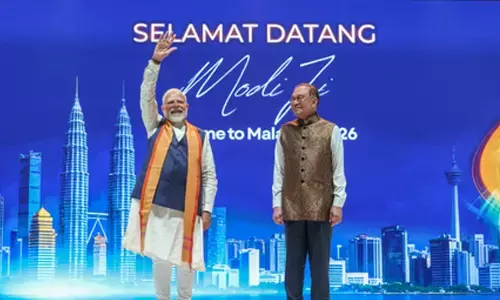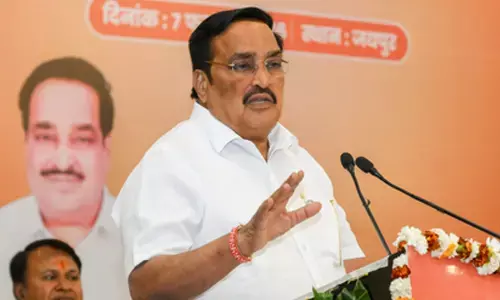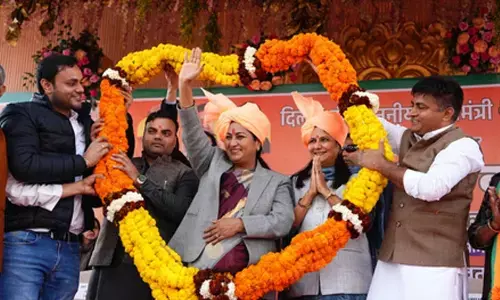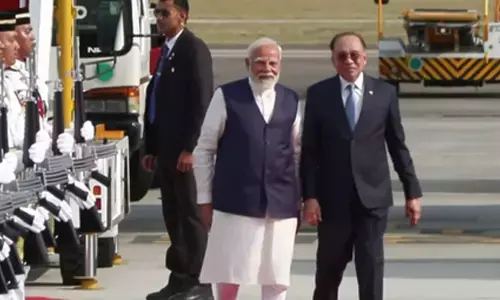Rising discom dues may adversely affect power supplies: APP
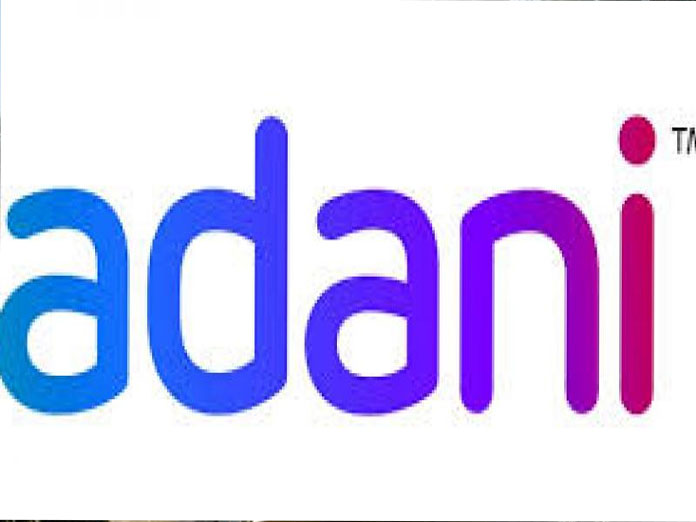
Joining the chorus against power distribution utilities discoms delaying payment to electricity producers, the Association of Power Producers APP has said the burgeoning dues may adversely affect electricity supplies
APP, in a memorandum to the government, sought Power Minister R K Singh's intervention to resolve the issue.
New Delhi: Joining the chorus against power distribution utilities (discoms) delaying payment to electricity producers, the Association of Power Producers (APP) has said the burgeoning dues may adversely affect electricity supplies.
Earlier this month, state-run power giant NTPC had given notices to Andhra Pradesh, Karantaka, Telangana and Jammu and Kashmir for curtaining power supply over pending dues.
APP, in a memorandum to the government, sought Power Minister R K Singh's intervention to resolve the issue.
APP is an industry body of 27 leading independent power producers, including Adani Power, GMR, Jindal Power, JSW Energy and Sembcorp Energy India.
"We would be grateful if these states can be asked to clear pending payables, as further piling up of dues may result in inability of generations to pay for coal, and in this in turn may adversely affect the power supply position," APP Director General Ashok Khurana said in the letter to the power minister.
According to the letter, the overall pending dues across the country as on November 2018 are more than Rs 25,000 crore, of which the private sector generators' share is Rs 14,600 crore. The figure does not include the payables regarding change in law, which are about Rs 18,000 crore.
The major defaulter states are Uttar Pradesh (total dues Rs 4,119 crore), Maharashtra (Rs 3,457 crore), Karnataka (Rs 3,049 crore), Tamil Nadu (Rs 2,282 crore) and Andhra Pradesh (Rs 2,084 crore).
According to the 'Praapti' portal, which provides data of outstanding dues of thermal power companies, distribution companies across India owe Rs 40,995 crore cumulatively as on November 2018.
The discoms cumulately owe the maximum to Adani Power (Rs 7,321 crore), followed by Lalitpur Power Generation Company Limited (Rs 2,246 crore), GMR (Rs 1,788 crore), Sembcorp Energy India (Rs 1,521 crore) and CLP India (Rs 1,225 crore) among the private producers, as per data on the portal.
Last week, state-owned NTPC had issued a notice to Jammu and Kashmir, threatening to cut supplies from February 18 for not clearing outstanding dues of more than Rs 1,600 crore.
On February 5, the company had issued similar notices to discoms in Telangana, Karnataka and Andhra Pradesh as the states had as much as Rs 4,138.39 crore outstanding dues for over 60 days. However, the notices were later put in abeyance after assurances to make payments.
The high level empowered committee headed by Cabinet Secretary P K Sinha has recommended discounting of discoms power bills towards generators.
It had suggested in its report submitted in November last year that the Public Financial Institutions (PFI), such as REC and PFC, may discount the receivables from discoms and make upfront payment to the generators.
The financial institutions can realise their dues from the discoms in due course of time and charge interest for the period of delay in payment, the panel had said, pointing out that this is a common practice in the business world and most of the banks provide this facility.
In December last year, the government had constituted a Group of Ministers (GoM) headed by Finance Minister Arun Jaitley to vet the recommendations of the high-level panel on stressed power projects and forward its comments for consideration by the Union Cabinet. However, the GoM has yet to forward the specific recommendations.









